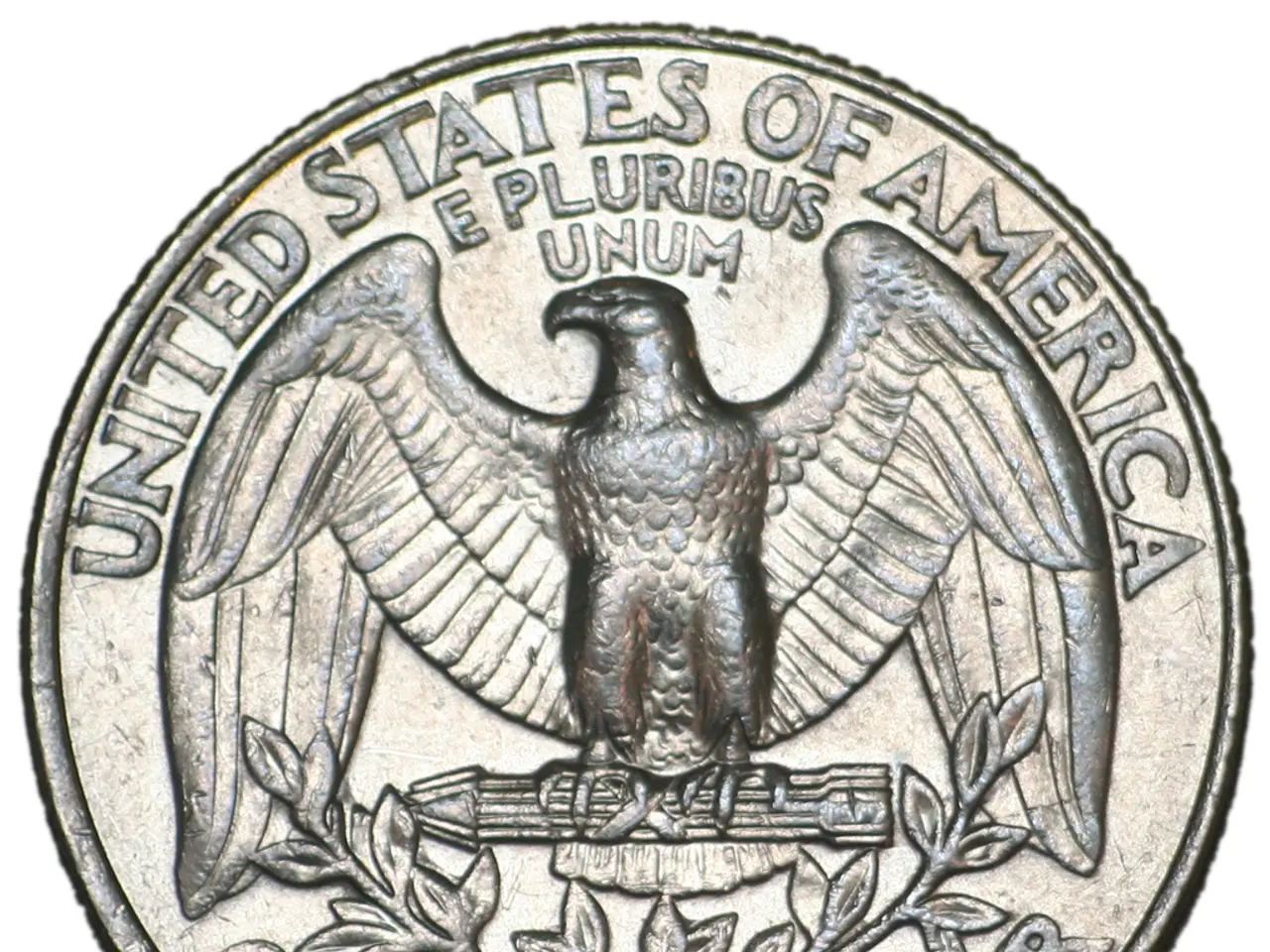The Specific Credit Card that Affects Your Credit Reporting.
Building a strong credit history is essential for numerous aspects of life, including securing loans, acquiring lower interest rates, and even job applications. Credit cards are powerful tools that shape your credit history, but not all cards impact it the same way. Let's delve into various types of credit cards and their influences on your credit score.
Apprehending Credit Scores and Their Importance
Before we dive into the types of credit cards, understanding credit history and credit scores is crucial. Credit history is a record of your borrowing behavior encompassing credit card usage, loans, and repayments. On the other hand, your credit score—ranging from 300 to 850 in the U.S.—is a numerical representation of your creditworthiness.
Three major factors influence your credit history:
- Payment History (35%) - Timely payments boost your credit score, whereas late payments harm it.
- Credit Utilization (30%) - The ratio of used credit to available credit; maintaining a low ratio is beneficial.
- Length of Credit History (15%) - Older accounts help establish a strong credit history.
- New Credit Inquiries (10%) - Excessive hard inquiries can lead to temporary score drops.
- Credit Mix (10%) - A mix of different credit types (credit cards, loans, mortgages) contributes positively to your score.
Credit Card Types and Their Influence on Credit History
1. Secured Credit Cards
Secured credit cards necessitate a cash deposit as collateral, typically equal to the credit limit. They cater to individuals with little or no credit history or those seeking to rebuild their standing. When used responsibly, these cards can boost your credit history by reporting regular payments to credit bureaus, consequently improving your credit score with time. However, low credit limits can impact your credit utilization ratio negatively.
Who Should Use It?
- First-time credit users
- Individuals recovering from poor credit history
- Those aiming to establish a positive credit record
2. Unsecured Credit Cards
Unsecured credit cards do not require a deposit and cater to a broader audience based on creditworthiness and income. Regular use, minimal payments, and responsible spending can increase your credit history, lowering credit utilization, and build creditworthiness. Unpaid balances or high spending, on the other hand, can harm your credit score.
Who Should Use It?
- Individuals with stable income
- People seeking flexible spending options
- Responsible credit users
3. Student Credit Cards
Student credit cards cater mainly to college students with limited or no credit history. Low credit limits are prevalent, but they provide a stepping stone for young individuals to build credit. Timely repayments help build credibility for future financial opportunities. Balances should be paid off in full each month to minimize credit utilization.
Who Should Use It?
- College students or young adults
- Individuals seeking to establish credit at an early age
- Responsible credit users
4. Rewards Credit Cards
Rewards credit cards offer cashback, points, or travel rewards based on spending. They encourage spending but can also lead to debt accumulation if mismanaged. Paying off balances in full each month ensures a positive influence on your credit history. High spending and unpaid balances can negatively impact your credit score.
Who Should Use It?
- Frequent shoppers or travelers
- Individuals with self-control over spending
- Responsible credit users
5. Business Credit Cards
Business credit cards are intended for managing business expenses and often come with rewards tailored to entrepreneurs. When tied to a personal credit report, their impact on credit history is similar to unsecured credit cards. Responsible use contributes positively to building credibility, while high balances negatively affect personal credit utilization.
Who Should Use It?
- Business owners or freelancers
- Entrepreneurs handling operational expenses
- Individuals seeking to establish business credit
6. Retail Store Credit Cards
Retail credit cards are store-specific and often have high-interest rates and low credit limits. They can assist in building credit when used responsibly, but their high-interest rates make carrying a balance costly.
Who Should Use It?
- Frequent shoppers at specific stores
- Individuals capable of paying balances in full each month
- People seeking to build credit with low initial limits
7. Charge Cards
Charge cards require full payment each month and have no pre-set credit limit. Late payments gravely impact credit history. However, when used responsibly, they help build strong credit.
Who Should Use It?
- High-income individuals
- Responsible credit users
- Those preferring charge cards over revolving credit
8. Subprime Credit Cards
Subprime credit cards are meant for individuals with poor credit scores. High interest rates and additional fees make them risky for long-term use. However, timely payments and responsible management can help rebuild credit.
Who Should Use It?
- Individuals with bad credit seeking to rebuild scores
- Those who have been denied traditional credit cards
- Users capable of and willing to pay off balances and fees
9. Balance Transfer Credit Cards
Balance transfer credit cards offer reduced or 0% interest on transferred balances, helping users consolidate debt. When used wisely, they can significantly improve credit history by reducing debt and lowering credit utilization temporarily.
Who Should Use It?
- Individuals with high-interest credit card debt
- People seeking to save on interest payments
- Responsible credit users looking to consolidate balances
10. Prepaid Cards (Do Not Affect Credit History)
Prepaid cards do not involve borrowing, so they have no impact on credit history. They are useful for budgeting but should not be relied upon for building credit.
Maintaining and Enhancing Credit History
Regardless of the type of credit card you choose, meticulous management is vital in building and maintaining a strong credit history. Adhere to these guidelines for improved credit health:
Tips for Boosting Credit History
- Pay Bills on Time - Late payments negatively impact your score.
- Keep Credit Utilization Low - Aim for below 30% of your credit limit.
- Maintain Old Accounts - Older accounts contribute positively to your credit history.
- Avoid Frequent Hard Inquiries - Apply for new credit only when necessary.
- Monitor Your Credit Report - Regularly review your credit report for errors and fraud.
Carefully selecting and managing credit cards will help build a robust credit history, paving the way for prosperous financial opportunities.
When exercising responsible credit card usage, secured cards can help build credit for individuals with limited history or those seeking to reestablish creditworthiness. On the other hand, unsecured cards can benefit those with stable income and a desire for flexible spending, provided they practice responsible usage to avoid damaging their credit score.
In addition, the choice of a credit card can extend to personal preferences, such as the cashback rewards offered by rewards cards or the tailored benefits for entrepreneurs provided by business credit cards. Regardless of the chosen card, maintaining a low credit utilization ratio, making timely payments, and monitoring one's credit report are crucial steps for enhancing credit history.




